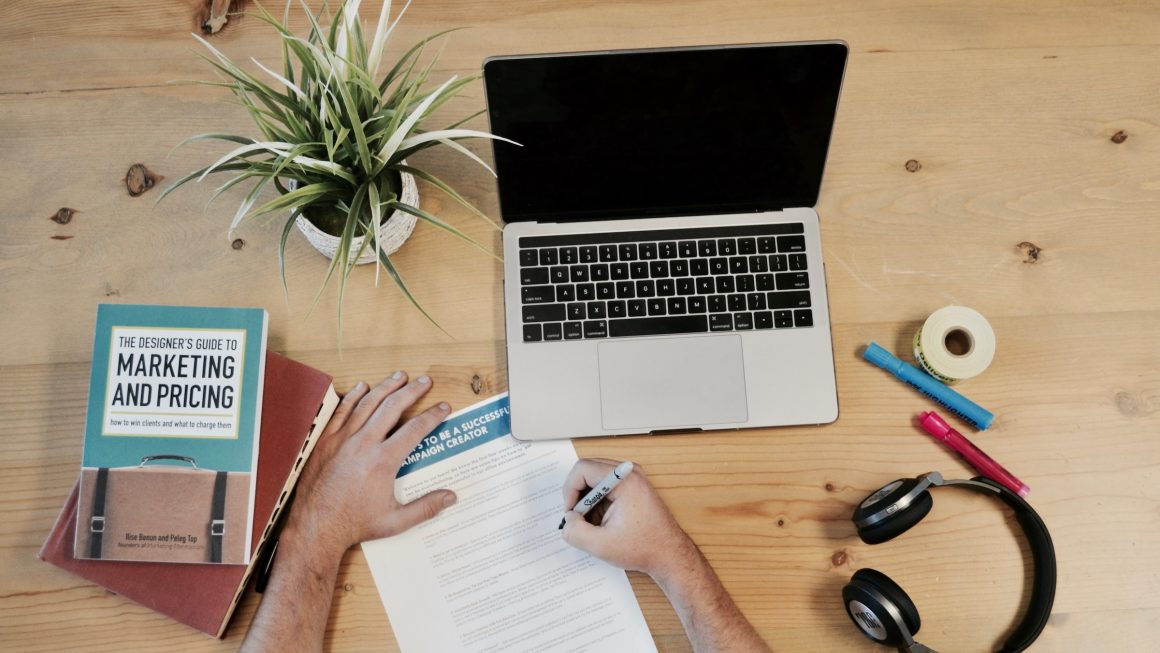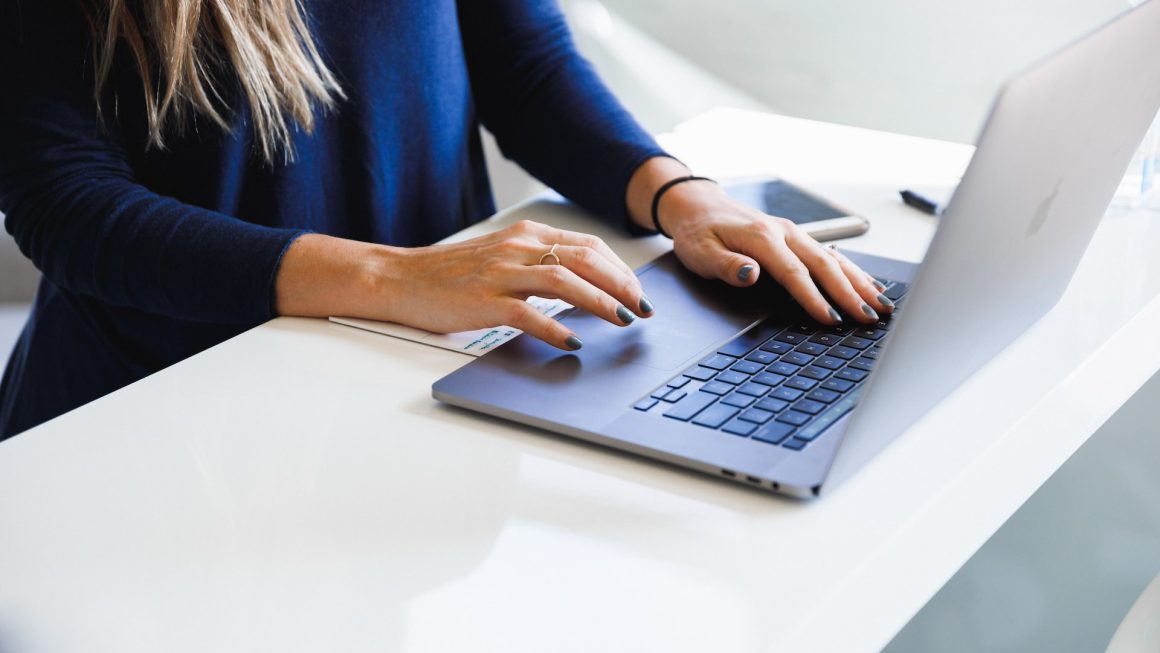Isn’t it ironic that reducing social media usage makes people feel less lonely?
The study conducted by Melissa G Hunt and published in the Journal of Social and Clinical Psychology observed significant behavioral changes due reduction in social media usage in 143 undergraduate students acting as recipients in one of the first experimental studies of its kind.
Melissa along with her team examined the recipients’ behavior from the limited use group after cutting down usage of social media platforms like Facebook, Instagram, and SnapChat for up to 10 minutes per day. The other group called the control group was assigned to use a social media platform as usual for three weeks.
Also Read: Also Read: Why you Should have Social Media Business Cards in 2020 and How to Choose One
The study showed that a significant reduction in loneliness, depression, anxiety, and fear of missing out was observed in the limited use group members as compared to the other group. However, the study states that, both the groups showed a reduction in the preceding conditions due to increased self-monitoring required in the experiment.
As per the claims of the study the reduction in anxiety, depression and other conditions associated with inner-distress occurred due to cut down on social media usage exacted to address the succeeding:
Is Social Media Making Us Miserable?
You never let the streak break on Snapchat, you have got a good number of friends on Facebook, you’ve built amazing network on LinkedIn but are you really connected?
Numerous studies have shown that excessive use of social media can lead to disastrous health consequences but do studies show how social media makes a person lonely?
As a matter of fact, they do!
A study published in the American Journal of Health Promotion ascertained how social media interaction has increased people’s loneliness instead of making them feel more connected to the world.
The online survey conducted on 1178 students aged between 18 to 30 found out the influence of positive and negative experiences on social media on internet users. The online survey resulted in demonstrating how positive experiences on social media had little to no contribution to making users feel happier. However, on the other hand, the negative experiences had a considerable contribution to magnifying sadness on social media users.
Also Read: Top 7 Tips for Better Website Navigation
In the previously mentioned study by Melissa Hunt, the author discusses how seeing other people’s happening lives on social media can bring a certain amount of sadness to people who start comparing their lives with them. For instance, Instagram is the social media platform that makes a person’s self-esteem vulnerable to the luxurious lifestyle of other users’ lifestyles resulting in a high number of low spirit users on the platform.
It isn’t new that mobile phones and social media are the biggest distractions in the world today. Not only do they increase the habit of procrastination, but it also makes you less connected with the present situation. Researchers from the University of Columbia found that mild distractions such as the buzzing of phones and beeping of notifications from social media platforms resulted in distracting people not enjoying the present moment.
The number of research mentioned above shows social media usage impacts our lives negatively. However, this can’t take away the fact that social media now runs our world. The ubiquity of social media has led to excessive usage of the internet which eventually deteriorates the mental health of an online user. If a healthy routine is established in terms of usage of social media, I believe the despondency attached to it will lessen.
Healthy Social Media Habits for Better Mental Health and Productivity:
The resistance to stay plugged into all social media channels all the time can lead to a disastrous lifestyle. Following habits will help you establish a better lifestyle:
Purposeful Use Social Media Applications
If you’re thinking you’re the only one who stops doing the important stuff just to scroll through the Facebook news feed or watch a 5-minute long video of poodle dancing on Instagram, then trust me we all are on the same page.
What seems like a harmless act of mindless browsing often leads to disastrous conditions like insomnia, anxiety, and depression.
As per the Iranian Journal of Public Health, excessive Internet usage and other problematic internet routine behaviors influence the sleep-wake program of an individual, which often leads to sleeplessness and other sleep disorders.
This shows that it’s important to smartly consume social media time for a better lifestyle.
Stop. Think. Post
It’s important to realize that not everything on the internet is based on accuracy. The survey conducted by Ipsos on behalf of the Centre for International Governance Innovation concluded that people belonging to 4 out of ten examined economies admitted that they were duped by fake news.
By taking out time to think about the impact of the post you’re about to share, you can turn your social media presence more positive. Instead of sharing unverified news, you should try consuming the social space with positive and encouraging posts.
Stop Comparing Start Admiring
The world has a lot to put forward for you to get jealous of; someone with a bigger car than you can make you feel insecure, someone having a better TV than you can make you jealous and even someone with a better internet and better Cox packages than you can make you resentful but all of it depends on how you perceive the situations.
People
on the internet love to show off their achievements, whether it’s about their
new relationship or their graduation, it will only take a positive approach to
consider internet content as an inspiration instead of being turned
resentful.




